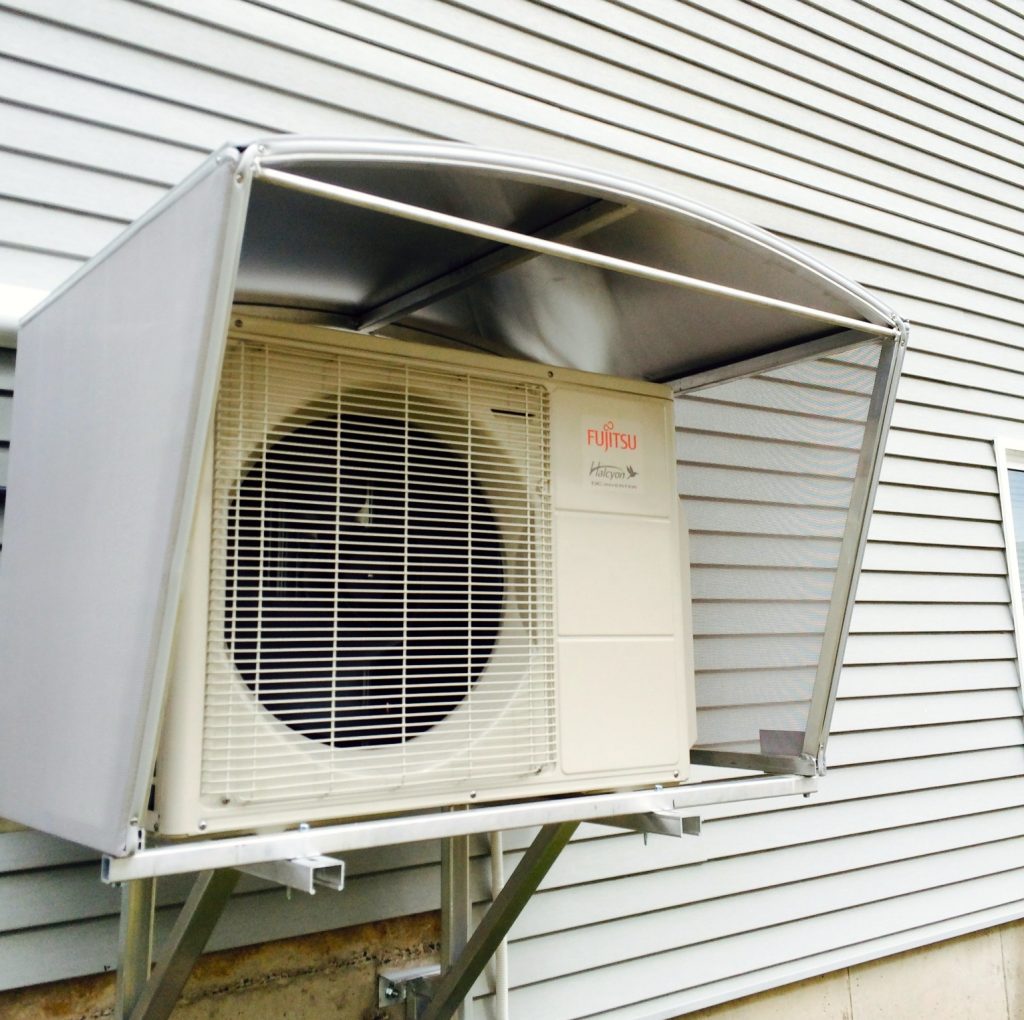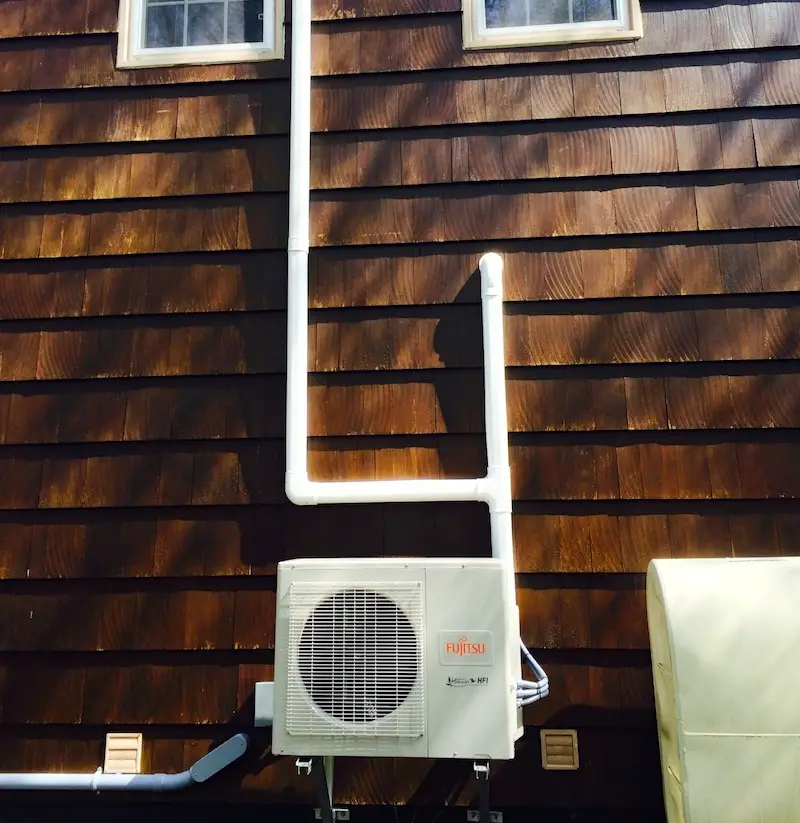How happy would you be if your utility company put electricity on sale, offering three kilowatt-hours of power for every one kilowatt-hour you paid for? Too good to be true? Not if you have a heat pump. Modern heat pumps both heat and cool your home, and they provide 200% to 300% more heat than regular electric resistance heaters consuming the same amount of power. That’s the “buy-one-get-three” deal. Heat pumps harvest heat energy from the environment instead of just converting electricity to heat as regular heaters do, and that’s where the windfall gains come from. Heat pumps are also cheaper to install than ever these days because of two reasons: the improvement and simplification of heat pump technology, and the combination of heat pumps installed alongside another type of electric heating device.

Heat pumps extract and concentrate thermal energy from the environment outside your home, then move it indoors. Ground source heat pumps use loops of liquid-filled pipe to extract heat from the earth or a body of water, but this piping network adds a lot to the cost of the system. Air source heat pumps, on the other hand, are simpler because they extract heat from outdoor air, remaining efficient down to temperatures as low as -15ºC to -20ºC. No pipes needed so they’re more economical to install.
For those few times when outdoor temperatures drop lower than this, electric storage heaters make the most sense for making up the thermal difference. They build up thermal energy during cheap times, then deliver it to your home as needed during expensive times. This combination of an air-source heat pump working alongside a storage heater currently offers the most economical option for electric heating at the lowest possible installed cost. At least one province in the country where I live, Canada, is doing all it can to promote this technology. Of all people, Canadians sure could use it.
One company that specializes in combining heat pump technology with storage heaters is Sunshine Renewable Energy in Dartmouth, Nova Scotia. Ian Henman, owner of Sunshine, is one of the few people I could find in the country who builds systems around ductless heat pumps working in partnership with something called electric storage heaters.
“Even though higher-end ductless heat pumps now operate efficiently down as low as -25°C and beyond, they aren’t always able to cover all of the living space in a home at the lowest temperatures”, explains Henman. “We find storage heaters to be the best option for homeowners to reduce their cost of space heating with electricity in those times when it’s too cold for a heat pump alone. These heaters warm up a collection of high-density bricks inside the unit during cheap off-peak periods of the day, then emit that heat during the peak times.”

Ductless heat pumps look just like those ductless mini-split air conditioners that have become so popular over the last 20 years, except that they also provide heating as well as cooling action. Ductless heat pumps operate most efficiently when it’s not too cold outside, and that’s why Ian outfits clients with Combi electric storage heaters that kick in when it gets cold enough outdoors that the efficiency of the ductless heat pumps decline. These heaters warm up a collection of high-density bricks inside the unit during off-peak periods of the day.
Choosing optimal heating and cooling systems is trickier than it used to be, but performance and economy are better, too. What else can you say about a heating technology that gives you three times the heat you paid for during most days of the heating season?